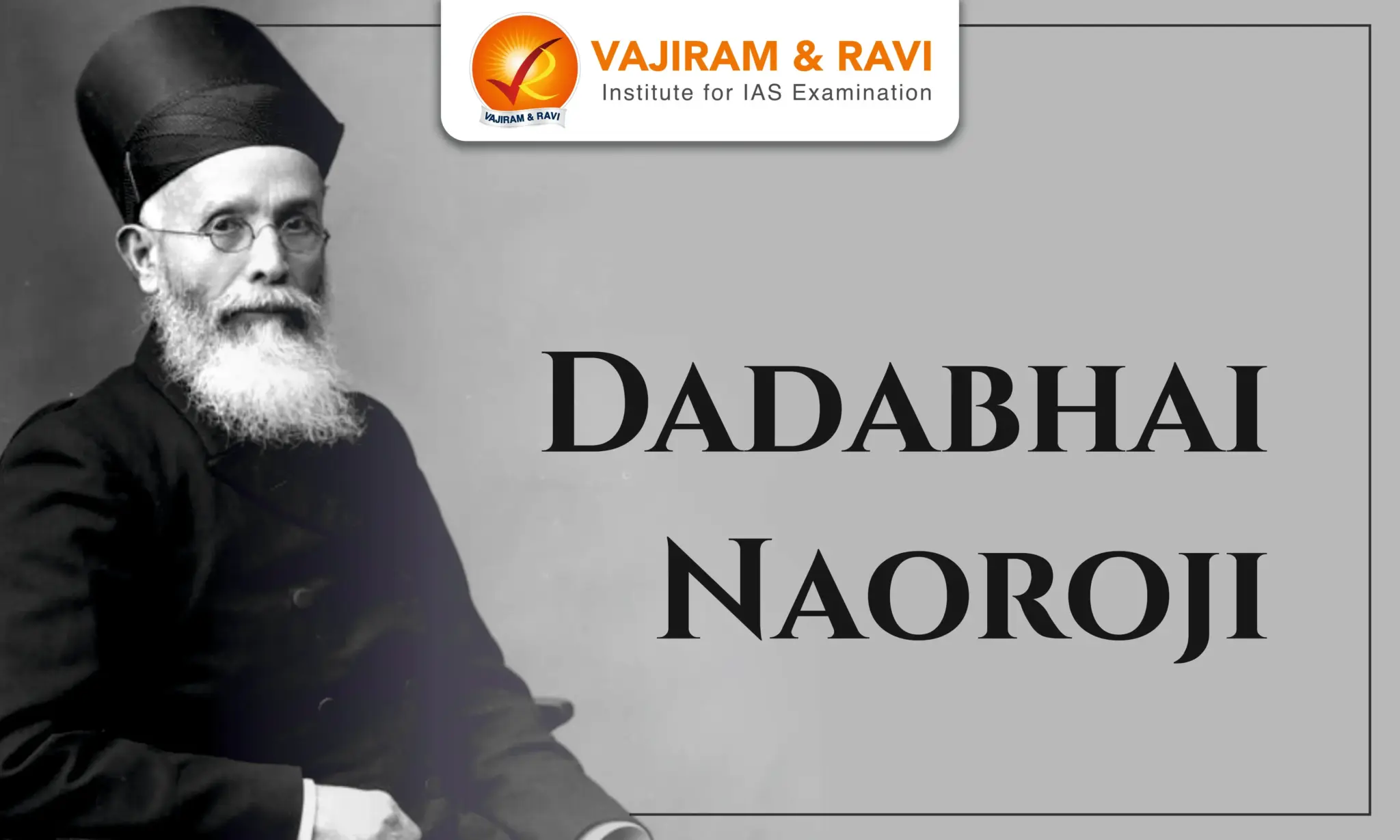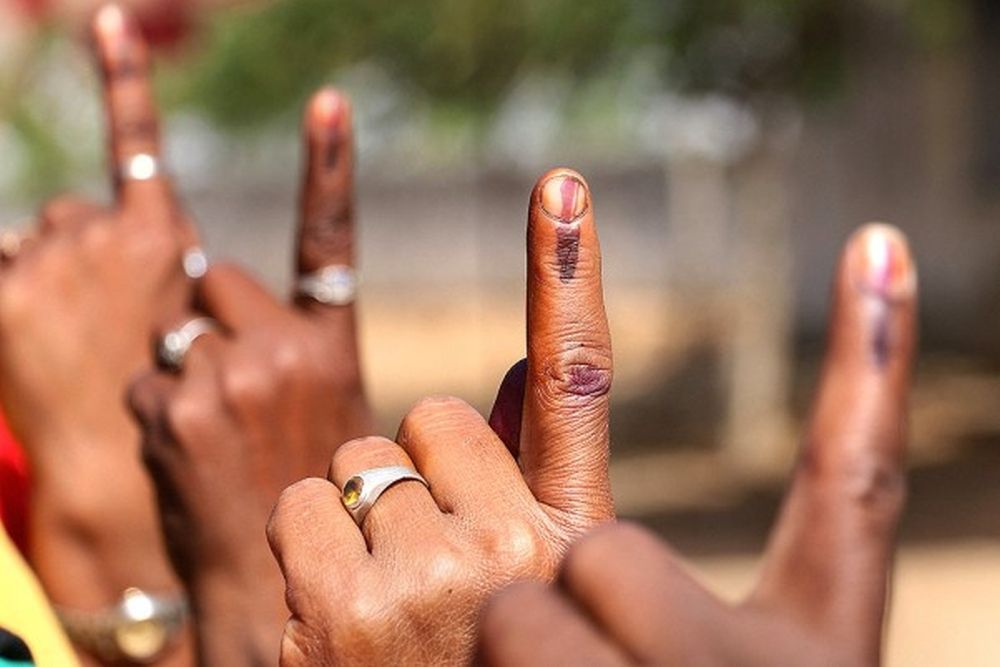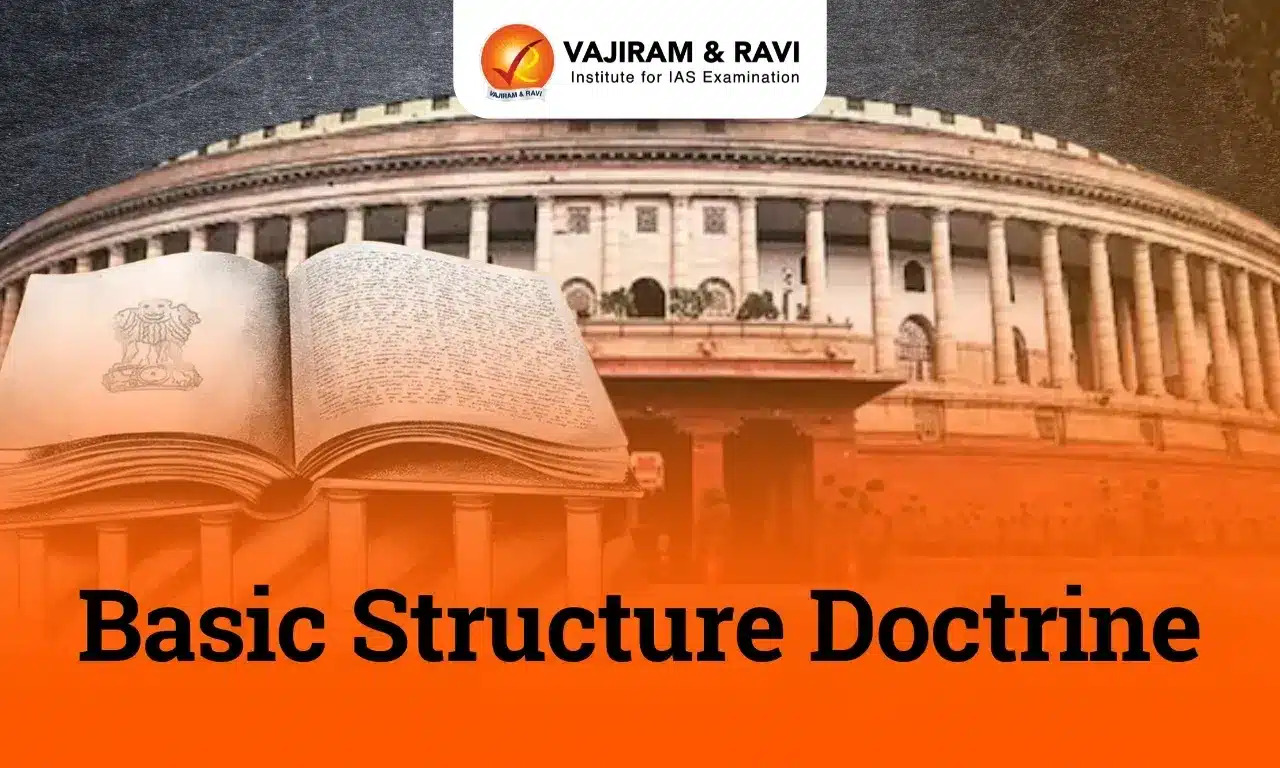Dadabhai Naoroji, the “Grand Old Man of India,” was a trailblazing leader in the Indian independence struggle. He was a scholar, social reformer, and the first Indian elected to the British Parliament in 1892. Naoroji played a significant role in the formation of the Indian National Congress (INC) and served as its president three times, pushing for constitutional reforms and self-rule for India.
Dadabhai Naoroji’s most notable contribution was his “Drain Theory,” which highlighted how British economic policies were draining India’s wealth. Naoroji’s ideas on economic exploitation laid the foundation for India’s economic nationalism and inspired future leaders like Mahatma Gandhi to advocate for Indian self-governance and social reforms.
Dadabhai Naoroji
Born on September 4, 1825, in Bombay (now Mumbai), Dadabhai Naoroji belonged to a Parsi-Zoroastrian family. He completed his education at Elphinstone College in Bombay. Naoroji was also the first Indian to be appointed as a professor at Elphinstone College, where he taught mathematics and natural philosophy. During his time in London, Naoroji took up the position of Professor of Gujarati at University College London, further expanding his influence abroad.
Dadabhai Naoroji Political Career
Dadabhai Naoroji’s political career began in earnest with his establishment of the East India Association in London in 1867. This organization aimed to present the Indian perspective to the British public and was one of the precursors to the Indian National Congress. Over the years, Naoroji held various important positions and made significant contributions to Indian politics.
- In 1874, he was appointed Dewan of Baroda.
- In July 1875, he was elected to the Municipal Corporation of Bombay.
- At Governor Lord Reay’s invitation, he became a member of the Bombay Legislative Council in August 1885.
- Naoroji was chosen to serve as one of the Bombay Presidency Association‘s vice presidents on January 31, 1885.
- He played a pivotal role in founding the Indian National Congress later that year and served as its President three times: in 1886, 1893, and 1906.
- In 1902, Naoroji made history by being elected as a Member of the Liberal Party in the House of Commons, representing Central Finsbury, becoming the first British Indian Member of Parliament.
Dadabhai Naoroji INC President
Dadabhai Naoroji served as the President of the Indian National Congress (INC) on three notable occasions: in 1886 at the Calcutta session, in 1893 at the Lahore session, and again in 1906 at the Calcutta session. His leadership was marked by a commitment to moderate approaches within the Congress, especially during a time when the party was divided between moderate and extremist factions.
- At the 1886 session, the Congress under the leadership of Dadabhai Naoroji made a significant decision to establish Provincial Congress Committees across the country.
- In 1906, during the INC session, Naoroji emphasized that Swaraj was the “only and primary solution” for India’s future, stating, “In self-government lies our hope, strength, and greatness.”
Dadabhai Naoroji Drain of Wealth Theory
Dadabhai Naoroji’s economic critique centred on the significant outflow of wealth from India to Britain during the colonial era. He aimed to highlight the adverse effects of British rule on the Indian economy by estimating the net national profit of India and demonstrating the financial exploitation inherent in colonial governance.
- In his influential work, “Poverty and Un-British Rule in India,” Naoroji estimated that between £200 million and £300 million of India’s revenue was being transferred to Britain without being reinvested in the Indian economy.
- The Royal Commission on Indian Expenditure, of which he was a member, was established in 1896 largely as a result of his Drain Theory.
Dadabhai Naoroji Social Reforms
Dadabhai Naoroji emerged as a prominent social reformer in the latter half of the nineteenth century, advocating for progressive changes in society. He rejected caste-based restrictions and was an early advocate for women’s education, championing equal rights under the law for both genders.
- In his book The Duties of the Zoroastrians, he emphasized the importance of integrity in thought, speech, and action.
- Naoroji established the Rahnumai Mazdayasan Sabha on August 1, 1851, with the mission of restoring the Zoroastrian faith to its original principles of purity and simplicity.
- In 1854, he launched a Gujarati fortnightly publication, Rast Goftar (The Truth Teller), aimed at promoting social reforms within the Parsi community.
Dadabhai Naoroji Literature
Dadabhai Naoroji was not only a political and social reformer but also a prolific writer whose works addressed the pressing socio-economic issues of his time. His influential book Poverty and Un-British Rule in India critiques British economic policies and highlights the drain of wealth from India.
- His other notable works include The Wants and Means of India, The European and Asiatic Races, The Parsee Religion, and Poverty of India.
- Through these writings, Naoroji aimed to illuminate the socio-economic conditions in India and inspire reform, solidifying his legacy as a significant thinker and advocate for change.
Dadabhai Naoroji Legacy
Dadabhai Naoroji’s legacy continues to inspire generations of Indian leaders and scholars. He laid the groundwork for India’s economic nationalism and was instrumental in shaping the early demands for self-rule. His advocacy for constitutional methods of protest influenced the political strategies of leaders who followed him. Naoroji’s vision of a free and just India remains central to the country’s democratic ideals.
Dadabhai Naoroji UPSC PYQs
Q) Who of the following was/were economic critic/ critics of colonialism in India? (UPSC Prelims 2015)
- Dadabhai Naoroji
- G. Subramania Iyer
- R. C. Dutt
Select the correct answer using the code given below.
(a) 1 only (b) 1 and 2 only
(c) 2 and 3 only (d) 1, 2 and 3
Ans: (d)
Last updated on April, 2025
→ UPSC Notification 2025 was released on 22nd January 2025.
→ The UPSC Vacancy 2025 were released 1129, out of which 979 were for UPSC CSE and remaining 150 are for UPSC IFoS.
→ UPSC Admit Card 2025 is expected to release in first week of May for CSE Prelims Exam 2025.
→ The UPSC Prelims 2025 is scheduled to be conducted on 25th May 2025 and UPSC Mains 2025 will be conducted on 22nd August 2025.
→ Apply once through it and aspirants can apply for various government exams conducted by UPSC.
→ The UPSC Selection Process is of 3 stages-Prelims, Mains and Interview.
→ UPSC Result 2024 is released with latest UPSC Marksheet 2024. Check Now!
→ UPSC Toppers List 2024 is released now. Shakti Dubey is UPSC AIR 1 2024 Topper.
→ Also check Best IAS Coaching in Delhi
Dadabhai Naoroji FAQs
Q1. What is Dadabhai Naoroji famous for?+
Q2. What was the famous theory written by Dadabhai Naoroji?+
Q3. What are the two books of Dadabhai Naoroji?+
Q4. Is Dadabhai Naoroji a freedom fighter?+
Q5. What was founded by Dadabhai Naoroji?+
Tags: dadabhai naoroji quest















